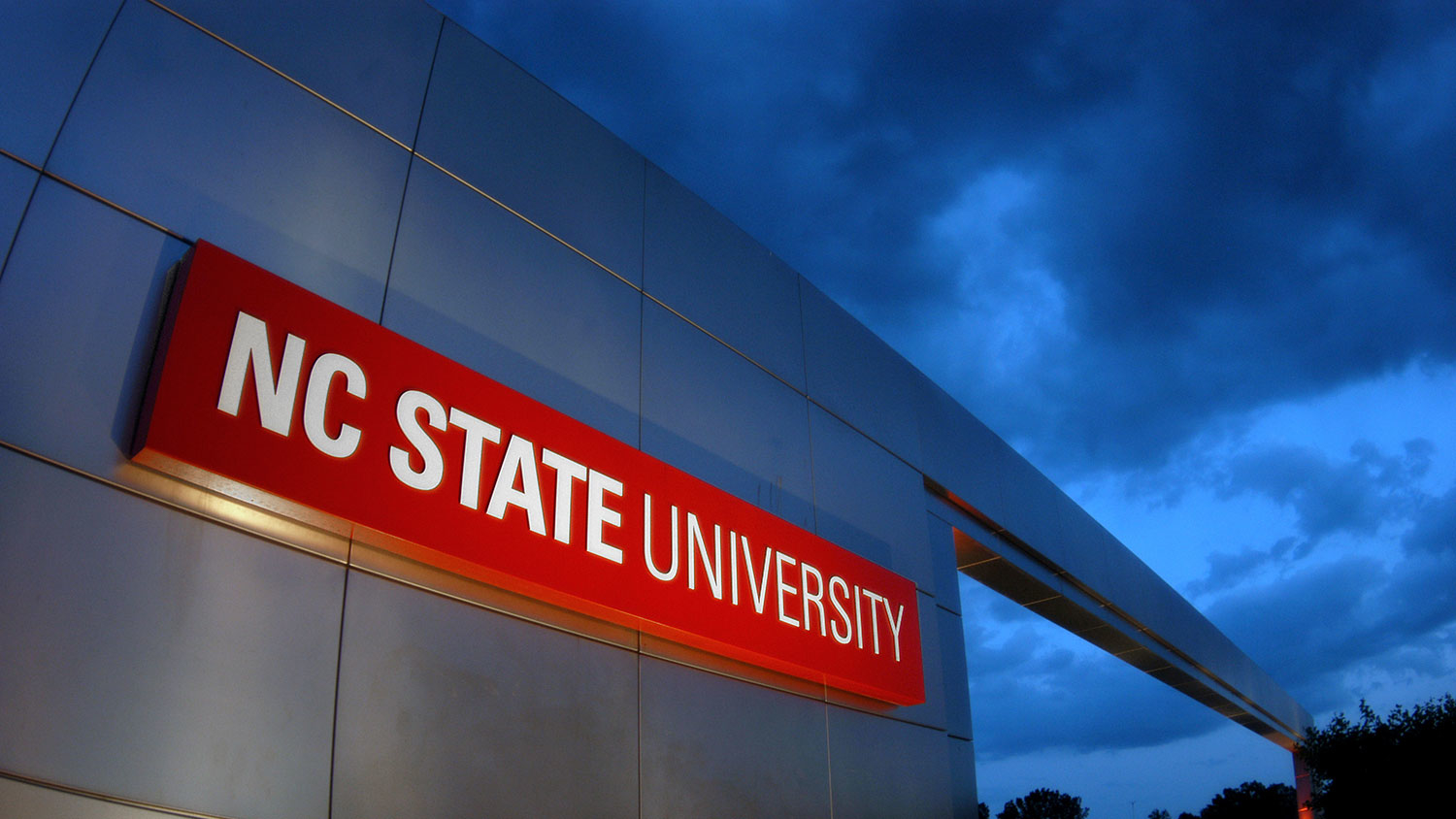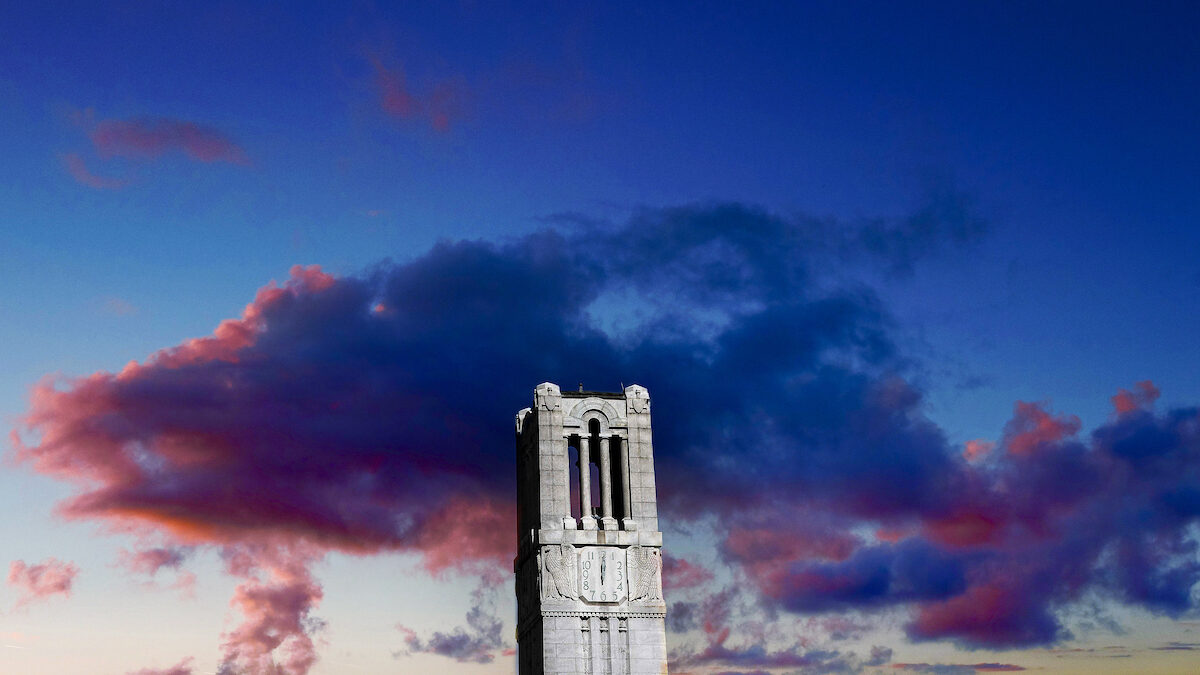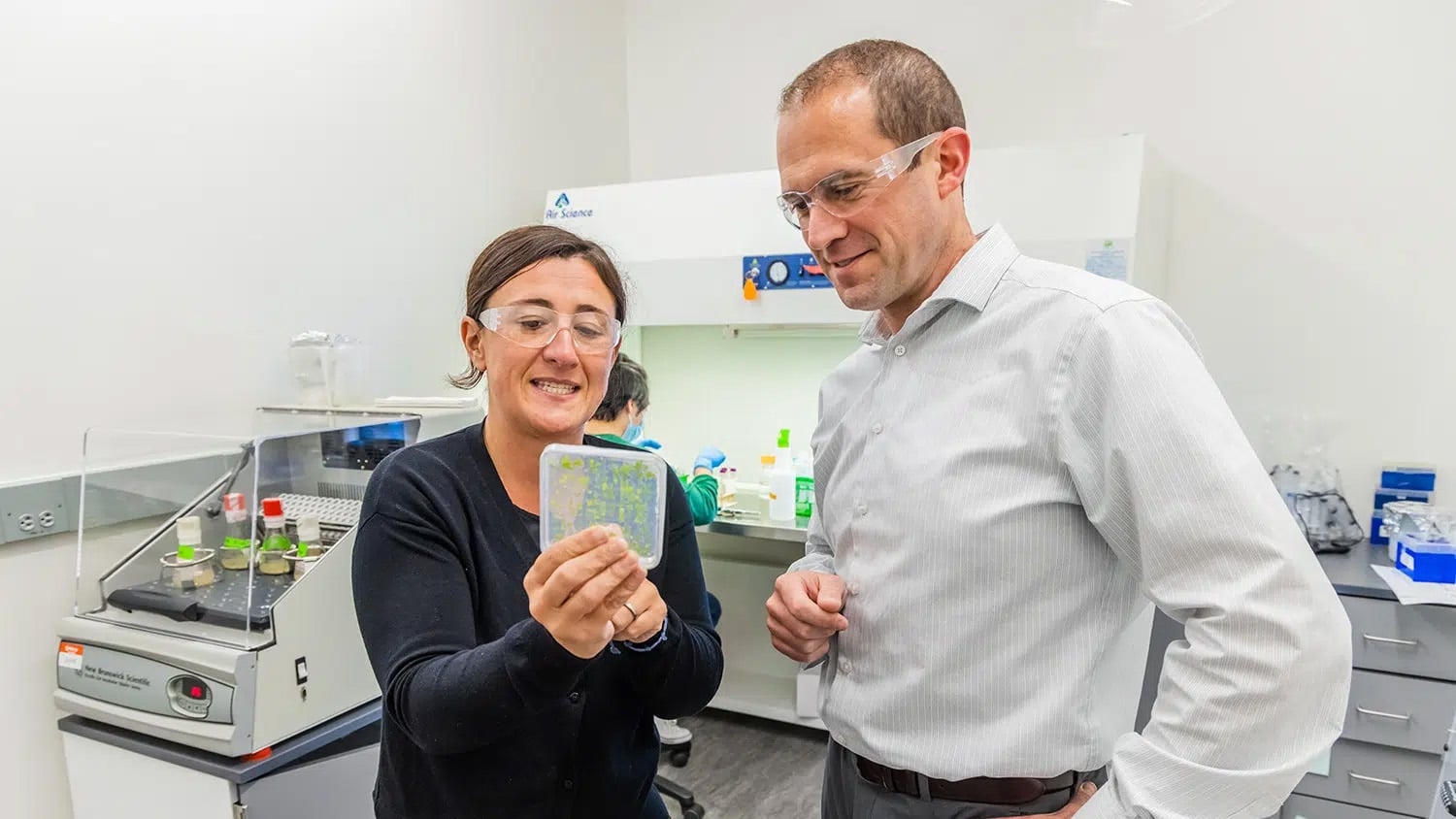Innovation Task Forces Explore Lessons Learned During the Pandemic

Adjustments and innovations have been hallmarks of the last 16 months at NC State, as faculty and staff have responded to the global COVID-19 pandemic by implementing numerous adaptations to ensure the continuity of university instruction, research, administration and operations.
In March 2021, Chancellor Randy Woodson charged a Post COVID-19 Innovation Task Force Steering Committee to identify major innovation initiatives realized during NC State’s response to the pandemic. Woodson also asked the committee to explore how best to engage the university community in a thoughtful evaluation of ways to apply what we have learned during the pandemic.
The Post COVID-19 Innovation Task Force Steering Committee comprises the following members, representing academic, research, administrative and operations areas:
- Warwick Arden, Executive Vice Chancellor and Provost
- Marc Hoit, Vice Chancellor, Information Technology and Chief Information Officer
- Charles Maimone, Vice Chancellor, Finance and Administration
- Doneka Scott, Vice Chancellor and Dean, Division of Academic and Student Affairs
- Mladen Vouk, Vice Chancellor, Research and Innovation
In April 2021, the steering committee established four Post COVID-19 Innovation Task Forces charged with examining initiatives launched during the pandemic, with the goal of leveraging lessons learned and identifying adaptations that may improve the university’s long-term effectiveness. The task forces and their focus areas are:
- Instruction and Student Support — leveraging technology to expand academic offerings, opportunities and experiences.
- Research — supporting laboratory and other research operations including physical space, funding and employee well-being.
- How We Work — flexible work arrangements and optimization of university space.
- Digital Transformation — digitizing processes (such as cashless point of sale, paperless processing, electronic payments and funds receipts) where feasible and advantageous to the university community.
“We expanded instruction and student services delivery models successfully during the pandemic. As we move into the next phases of reopening, we are examining areas where we can continue or expand these models to ensure our students’ success,” Scott said.
By early August, task forces are requested to provide formal reports proposing actions that NC State should consider taking based on what the university community has learned through responding to the pandemic. These actions could include policy changes, new procedures and/or guidelines, new technology and new training designed to increase university effectiveness.
Maimone said the Digital Transformation effort will include an examination of cashless point-of-sale innovations implemented by NC State Dining, Wolfpack Outfitters and the University Cashier’s Office during last year’s transition to pandemic operations. “We expect some recommendations to be quick wins and straightforward projects, taking advantage of our window of opportunity this summer before we return to campus for the fall semester,” Maimone said.
According to Arden, “Some recommendations may lead to larger-scale efforts, requiring additional study and even pilot projects, that become part of the first implementation plan for our new strategic plan, Wolfpack 2030: Powering the Extraordinary.”
For more information and updates on the Post COVID-19 Innovation Task Forces, including guiding principles, scope, goals and task force membership, or to suggest potential adaptations and innovations resulting from NC State’s response to the pandemic, please visit the Innovation Task Forces webpage.
This post was originally published in NC State News.


